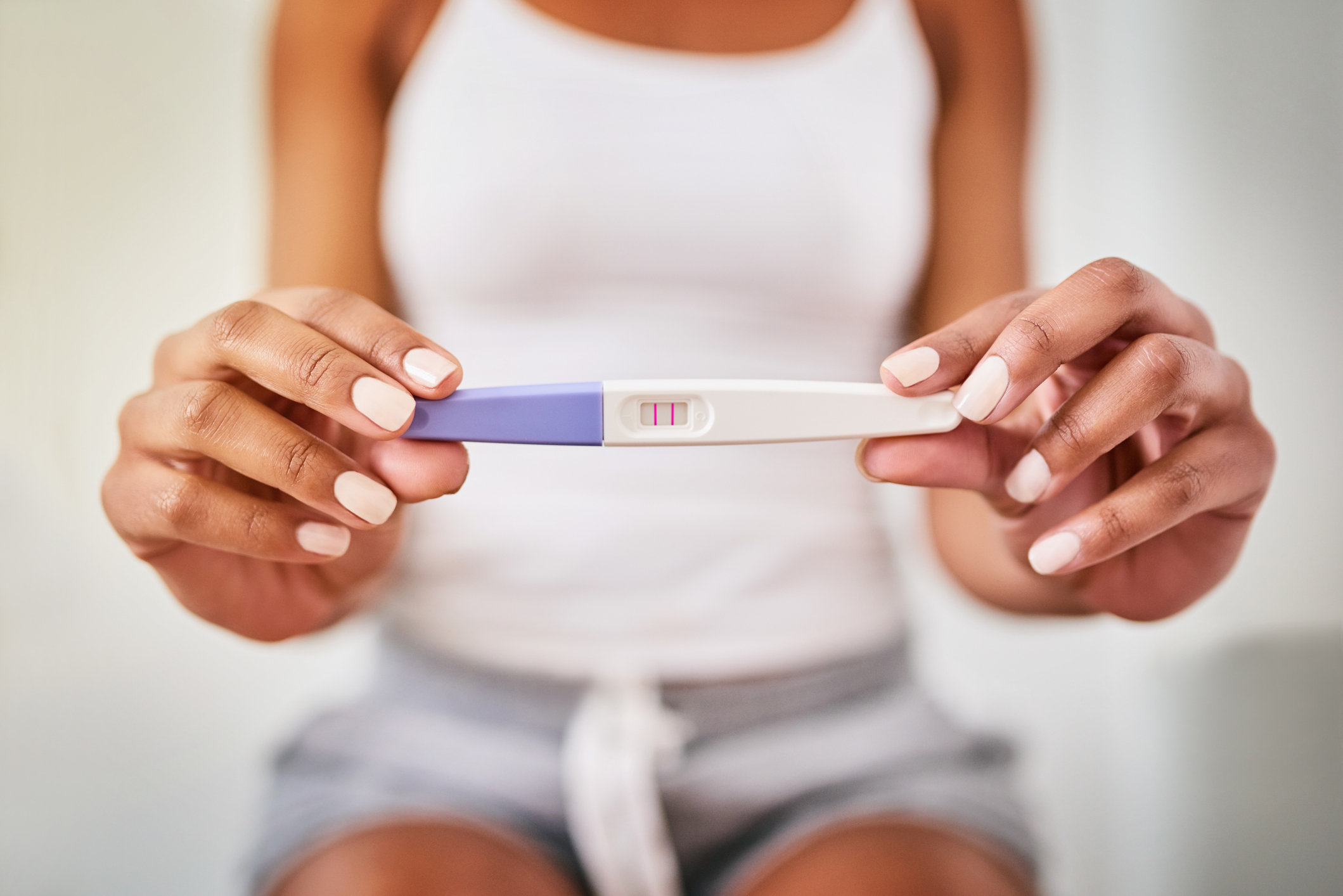Top 5 Fertility Treatments Available for You
Fertility treatments include medications that help women or men conceive and carry a pregnancy to term. Thanks to technology, success rates in fertility treatments have increased exponentially. Infertility treatments have also been diversified to treat multiple causes of treatment with minimal risk to the patient and virtually no unmanageable complications. But what fertility treatments do women have?
The Different Types of Fertility Treatments
In Vitro Fertilization
IVF treatment options have made it possible for women to conceive without fertilization of the egg in the fallopian tubes. Patients that undergo IVF have to undergo several procedures to stimulate the growth of eggs in the ovaries before they are extracted and either fertilized before storage or stored without fertilization.
Once the embryo is fertilized and the woman’s womb is ready for implantation, the fertilized embryo is reintroduced. The chances of successful implantation from the first round of IVF are 55%. There are several ways IVF is unique for each couple because some couples may use sperm or eggs from a donor bank while others may use a surrogate to carry the pregnancy.
Intrauterine Insemination
IUI is a fertility treatment where healthy sperm is collected from the donor and delivered directly into the uterus in the presence of a full-term matured egg. The success rates of this procedure are increased by administering fertility drugs to the woman to stimulate the maturation of an egg during the monthly cycle.
Cryopreservation
This is more commonly known as freezing your eggs or sperm. Fertilized embryos can also be cryopreserved for later use. This fertility therapy is taken when the participants face infertility for some reason. One of the most common causes of patients seeking this treatment is if they intend to undergo treatment for cancer that can make them infertile. Consult cancer specialists to help you go through such a situation comfortably.
Fertility Drugs
Couples that have been trying to conceive can take fertility medication administered either orally or by injections. Some drugs are meant to stimulate the hormones for the ovaries to produce viable or mature eggs for fertilization. In contrast, others can stimulate the body to start preparing for implantation by lining the inner walls of the uterus.
Drugs like Metformin are also administered to treat PCOS, a common cause of infertility in women. Fertility drugs are also available for men with low sperm count or other physical issues causing infertility.
Surgery
Thanks to technological advancements, your doctor can now use surgery to clear any obstruction in your reproductive tract. Surgery is especially useful for women with endometriosis, polyps, or even excessive scarring. Men can also benefit from surgery to open up the channels where sperm is supposed to flow. Sometimes surgery may be used to create adequate blood supply to the reproductive organs, a common cause of infertility.
Surgery is not usually the first resort because it is an invasive procedure that requires the procedure to be sedated or anesthetized. Your doctor is more likely to use advanced imaging, like an ultrasound, to pinpoint the problem before scheduling surgery.
Fertility Treatment FAQ
What are the risks associated with fertility drugs?
Some side effects and complications may occur in the journey toward treating infertility. Some of them include the following:
- Miscarriage
- Multiple may be conceived
- Cramping
- Mood swings
- Headaches
- Bleeding
- Infection
- Breast tenderness
- Allergic reactions with fertility drugs
- Bloating
Most women find these side effects and potential complications worth it for the ultimate possibility of conceiving and carrying a child to term.
How much does a fertility treatment cost?
The amount of money a patient will spend on treatment depends on their fertility treatment. On average, fertility treatments like IVF are more expensive than treatments like IUI. IVF can cost 15,000 dollars or more, while IUI costs about 1000 dollars or even less. The treatment price also depends on the fertility specialist you are working with. You may also have health insurance that might cover some, if not all, fertility treatment costs.
What can I do to increase the chances of fertility treatment success?
The most common thing your doctor will advise you to do is adopt a healthy lifestyle. That means eating a balanced diet, exercising, and adopting a healthy sleep schedule. You can also try quitting smoking or taking other hard recreational drugs.
When should I seek fertility treatment?
Fertility treatment from a fertility specialist should be sought after trying to conceive without results for more than a year. Older people can adopt more urgency since their biological clock is more time-sensitive, so they can get help after six months of trying without any luck.
You can also try several home remedies for infertility, like taking supplements and tracking your cycle. Suppose you are going for treatment that will affect your fertility, like chemotherapy. In that case, you may want to seek fertility assistance to store away as much viable ova or sperm as before starting the procedure.

